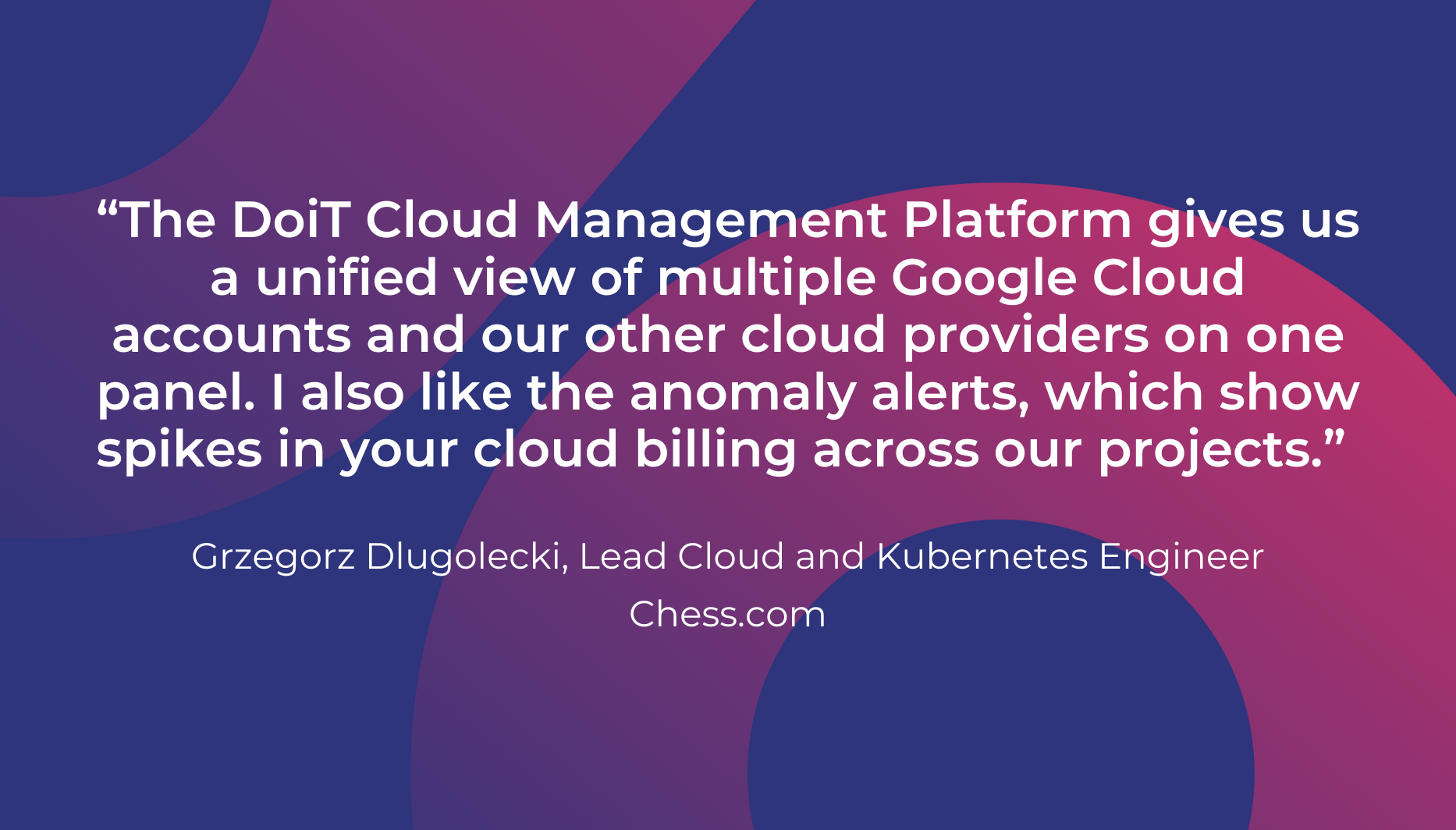
CoverManager: Growing the reservation platform for the world’s Michelin restaurants with DoiT’s expertise
Growing the reservation platform for the world’s Michelin restaurants with DoiT’s expertise. CoverManager, the go-to reservation and booking platform for the world’s foremost restaurants, partners with DoiT to control costs and maintain high server stability



